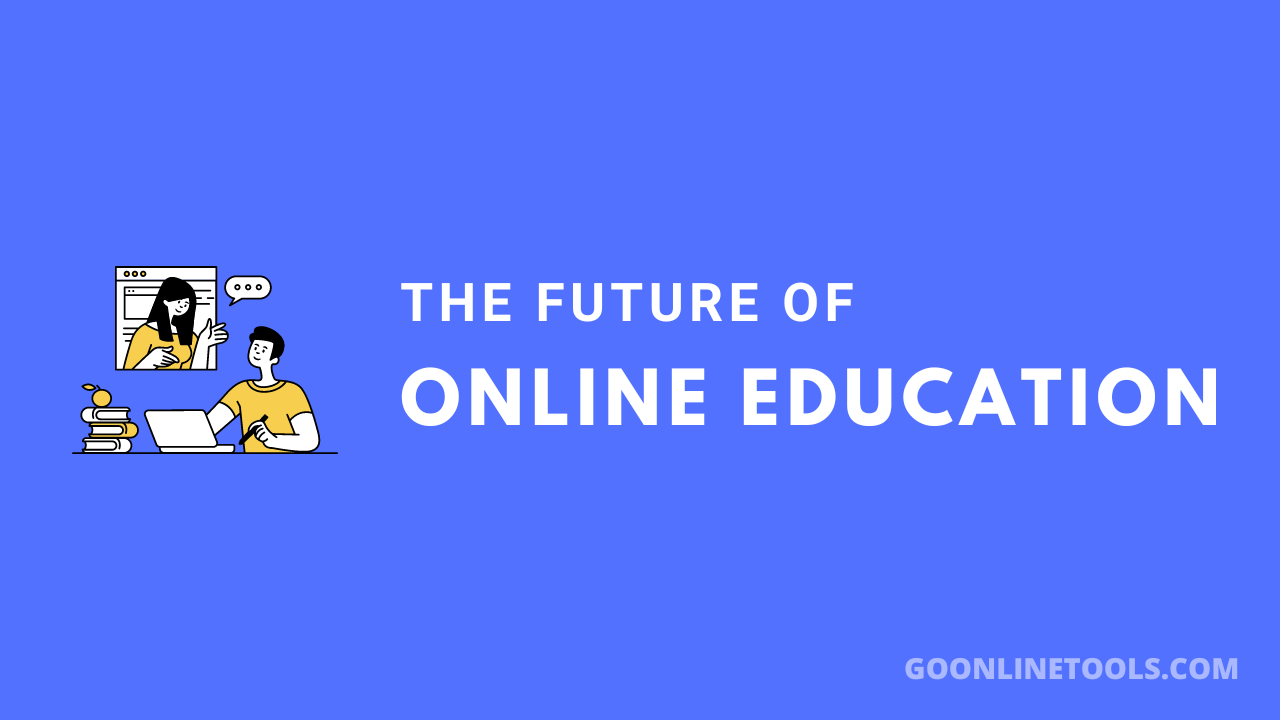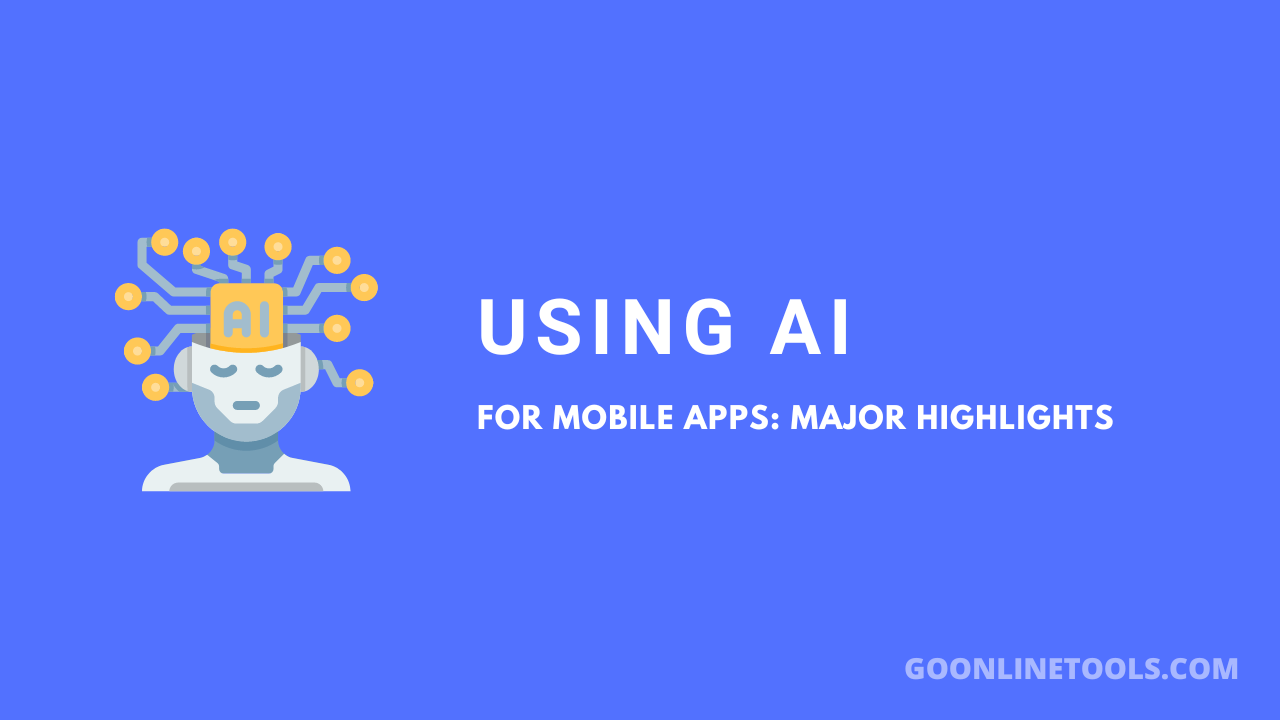
The world of education has undergone a remarkable transformation in recent years, especially with the advent of online learning. In the next decade, e-learning is expected to become even more ubiquitous.
This is a result of new trends and innovations shaping the industry. From essay examples and research papers to creative writing and professional services for crafting essays, WritingBros provides a platform for individuals to improve their skills for writing essays. It also helps students to achieve their academic or professional goals.
The website features a team of experienced writers dedicated to providing high-quality essays that meet the specific needs of each student.
This article explores the predictions and trends for the future of online education. It also discusses that online smart classes are the future of education. So, let’s get started.
What Is E-Learning?
E-Learning (electronic learning) is a modern way of studying that takes place through digital devices like;
- Computers,
- Tablets, or
- Smartphones.
In other words, it’s a type of education that doesn’t require you to attend a campus or interact with a teacher physically. Instead, you can access examples of resources such as;
- Online courses,
- Videos,
- Lectures, and
- Other educational papers.
It offers flexibility, convenience, and personalised learning experiences. All are tailored to your unique needs and studying style. And it’s a fantastic way to acquire new skills, knowledge, and qualifications from the comfort of your own home or office.
The Future Of Online Education
It’s believed that online learning is the future of education and is very promising. We can expect to see some exciting developments in the next decade.
Some of the key predictions and trends are;
Personalised Learning Experiences
E-learning platforms can provide tailored learning experiences customised to the individual learner’s needs and preferences.
This is achieved with the help of advanced technologies like;
- Machine learning,
- Artificial intelligence,
- And data analytics,
This means that learners can access learning materials. Such as those relevant to their interests, goals, and learning styles. This results in a more engaging and effective learning experience.
Online learning platforms can track the learners’ progress and assess their strengths and weaknesses. It also provides personalised feedback to help them improve their learning outcomes. And as a result, enhance student engagement, motivation, and academic research performance.
Virtual and Augmented Reality
We can expect to see more VR and AR in the upcoming years. This is because online learning is the future of education. In e-learning, these technologies can provide learners with an interactive and engaging studying experience, such as scenarios that simulate real-world situations.
For example, architecture students can use VR to explore and design buildings. At the same time, language learners can use AR to practise speaking with virtual conversation partners. They can also provide learners with hands-on experience in dangerous or costly environments. Such examples are pilot training or hazardous materials handling.
Adaptive Learning Technologies
These systems use data analytics and AI to personalise the studying experience for each learner. These technologies can analyse learners’ progress. This helps provide them with personalised feedback, recommendations, and learning pathways.
They can also identify gaps in learners’ knowledge and provide them with targeted content to fill those gaps. With adaptive learning technologies, learners can receive tailored studying experiences. This helps meet their unique needs and improve their exam scores and research outcomes.
Gamification
This involves using game mechanics in non-game contexts to motivate and engage learners. It is an effective way to make learning fun and interactive. And, in return, increase learner engagement and motivation.
Gamification strategies include;
- Points,
- Badges,
- Leaderboards,
- And challenges
They can be used to create a competitive campus environment that motivates learners to achieve their learning goals.
Microlearning
This is a learning approach that delivers small and bite-sized content to learners. Microlearning provides students with concise content that is easy to digest, retain and apply. This is contrary to conventional textbooks. This also improves their exams score.
With the rise of mobile devices, microlearning is becoming more popular. And as such, learners can access short learning modules on the go without using paper. With this model, students can access the information they need to solve problems or perform tasks without books.
Skills-based Learning
With the help of e-learning platforms, learners can access a wide range of skill-based courses. Especially those that are designed to meet the demands of the job market.
This means that learners can learn in-demand skills such as;
- Coding,
- Digital marketing,
- Data analytics,
- And project management
Conclusion
If online learning is the future of education, the prospect looks bright, with e-learning becoming an integral part of the campus teaching system. Smart classes will give learners access to high-quality education, regardless of location or circumstances. This enables them to learn and acquire new skills flexibly and conveniently without physical books.
Editorial Team
The Editorial Team at GoOnlineTools.com specializes in delivering cutting-edge information on technology.
View all postsComments 0
No comments yet. Start the conversation!





